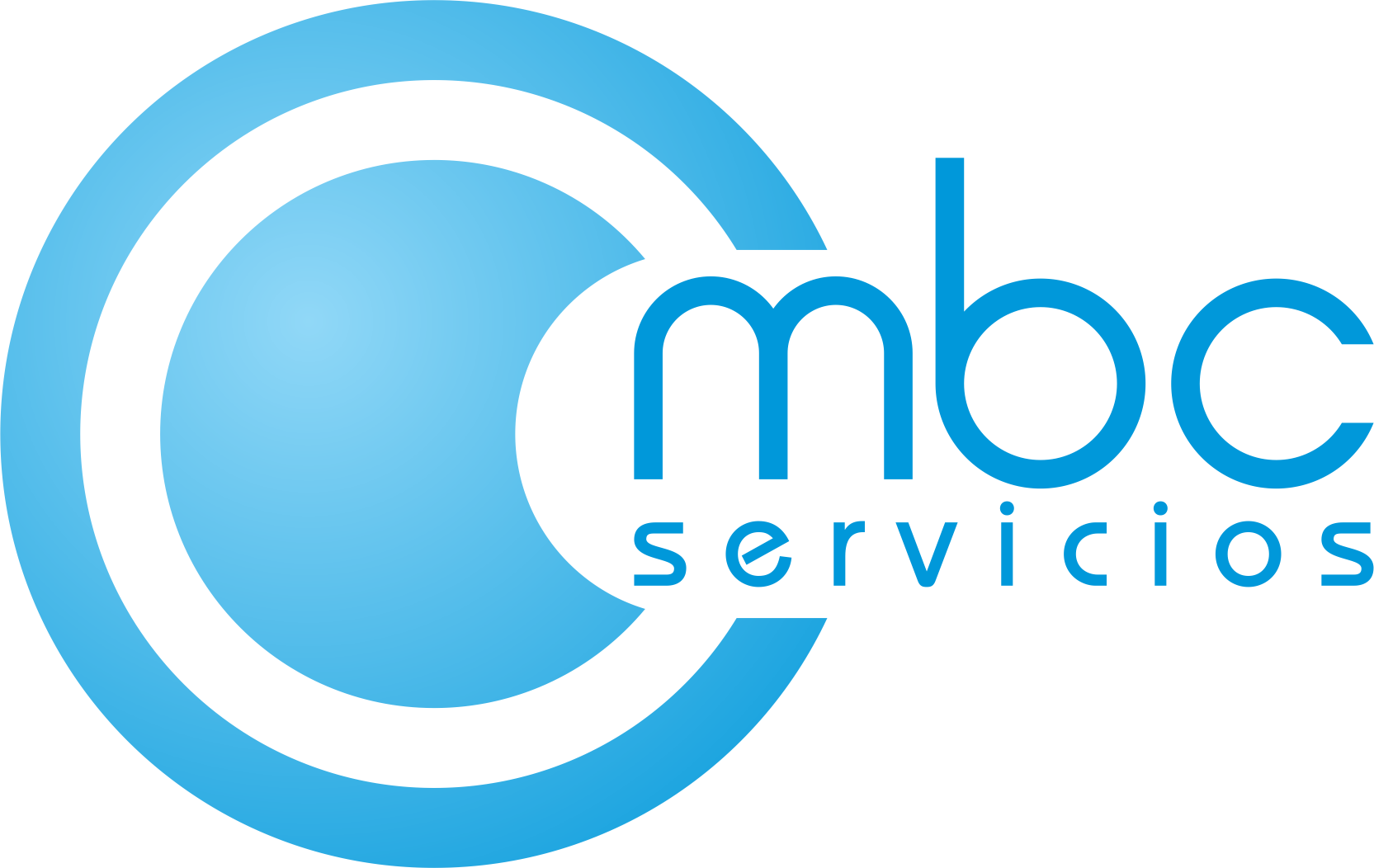One of the greatest fears bariatric patients have is not reaching their ideal goal weight, and this same fear sometimes leads them to lose much more weight than they really should.
If you’re worried about losing too much weight after you’ve reached your goal weight, there are solutions to stop losing weight.
Some patients reach their goal weight and find themselves still losing weight once they have reached their goal. Losing so much weight isn’t very healthy. It is ideal that patients eat enough calories and be well-nourished so that he/she doesn’t lose muscular mass.
The weight-loss curve is very intense in the first 12 to 18 months because of restriction, inflammation, and the remodeling processes of the sleeve, you are getting to know your body and learning how to eat, and this may all lead to losing more weight.
However, in our experience, more than 95 % of the patients after 18 months recover around 10% of the lost maximum weight. You may lose 110% of the weight but then recover that 10% allowing you to reach your ideal goal weight. This is mainly because you have now learned how to eat, your surgery now allows you to eat a little more, and you tolerate some food better than before.
Depending on the type of surgery you had, your surgeon will recommend a strategy to stop losing weight, and each case varies. A patient who does a lot of cardio will have to start lifting weights and reduce the cardio workout; this will allow the patient to gain muscle mass and reach his/her goal weight. Also eating the right types of foods will do the trick. You can eat protein bars, nuts, trail mix, dry fruit, and along with the weight lifting this will achieve the best results. These are healthy foods that are higher in calories. Eating slowly helps tolerate food better. Your main goal will be to nourish your body and not to eat more without this in mind. Otherwise, you will gain weight by increasing fat.
Here is a quick outline of what your doctor will suggest for the surgeries:
For all surgeries, patients must achieve a balance between how much you eat and how much you expend energy exercising; too much exercise can make you continue losing weight.
Bypass and DS patients should increase to 2000 – 3000 calories a day once they have achieved their goal weight to stop losing weight.
You should eat up to 5 to 6 meals a day to achieve this the best way.
The easiest way to stop losing weight is by drinking more liquids with the added calories you need, for example, by adding a protein shake a day.
Gastric sleeve patients should increase from 800 (which is the number of calories you will be eating in your post-operative diet) to 1200 calories once they’ve reached their goal weight.
The extra protein and liquids you should take are only temporary. It should be done while your stomach hasn’t stretched. 18 – 24 months after your surgery your stomach will have stretched to its normal size. Once you’re at this point, you should stop increasing calories to prevent weight gain and avoid liquid calories. At this point, all your calories should be from solid food, your stomach will be large enough for you to reach your calorie and protein targets thru solid food.

